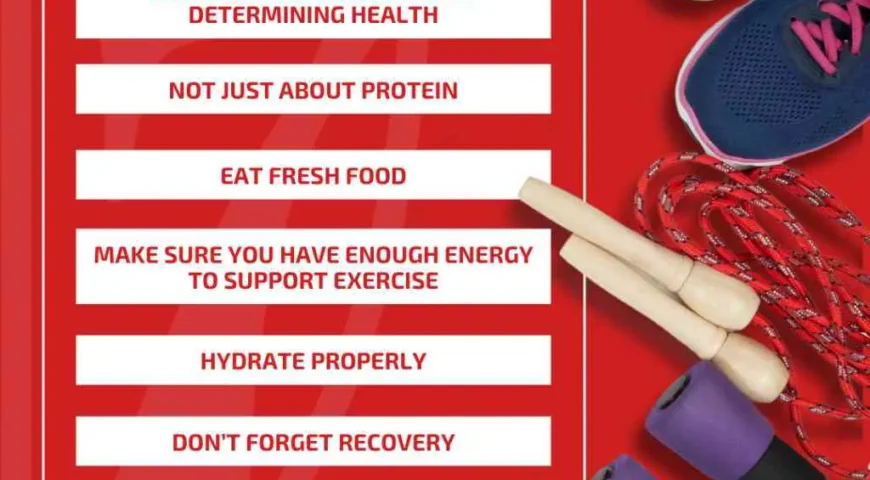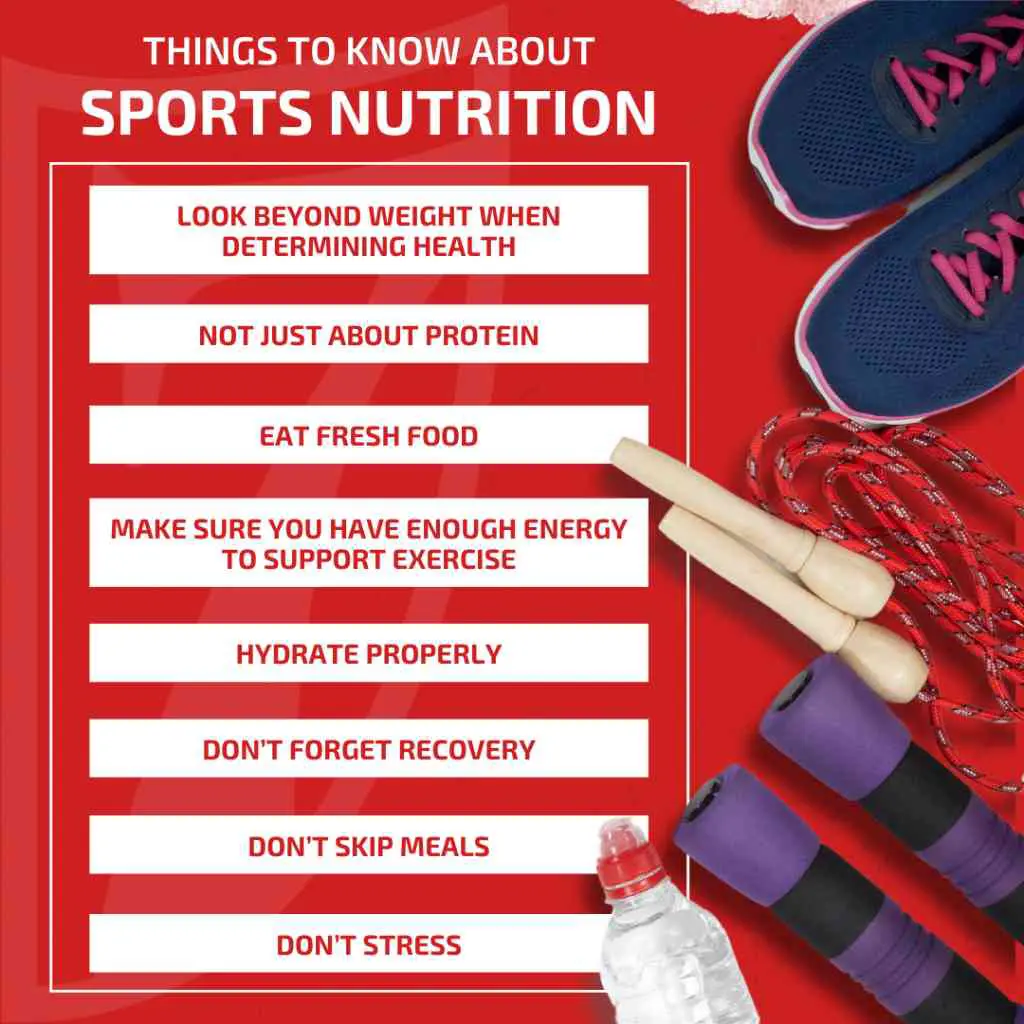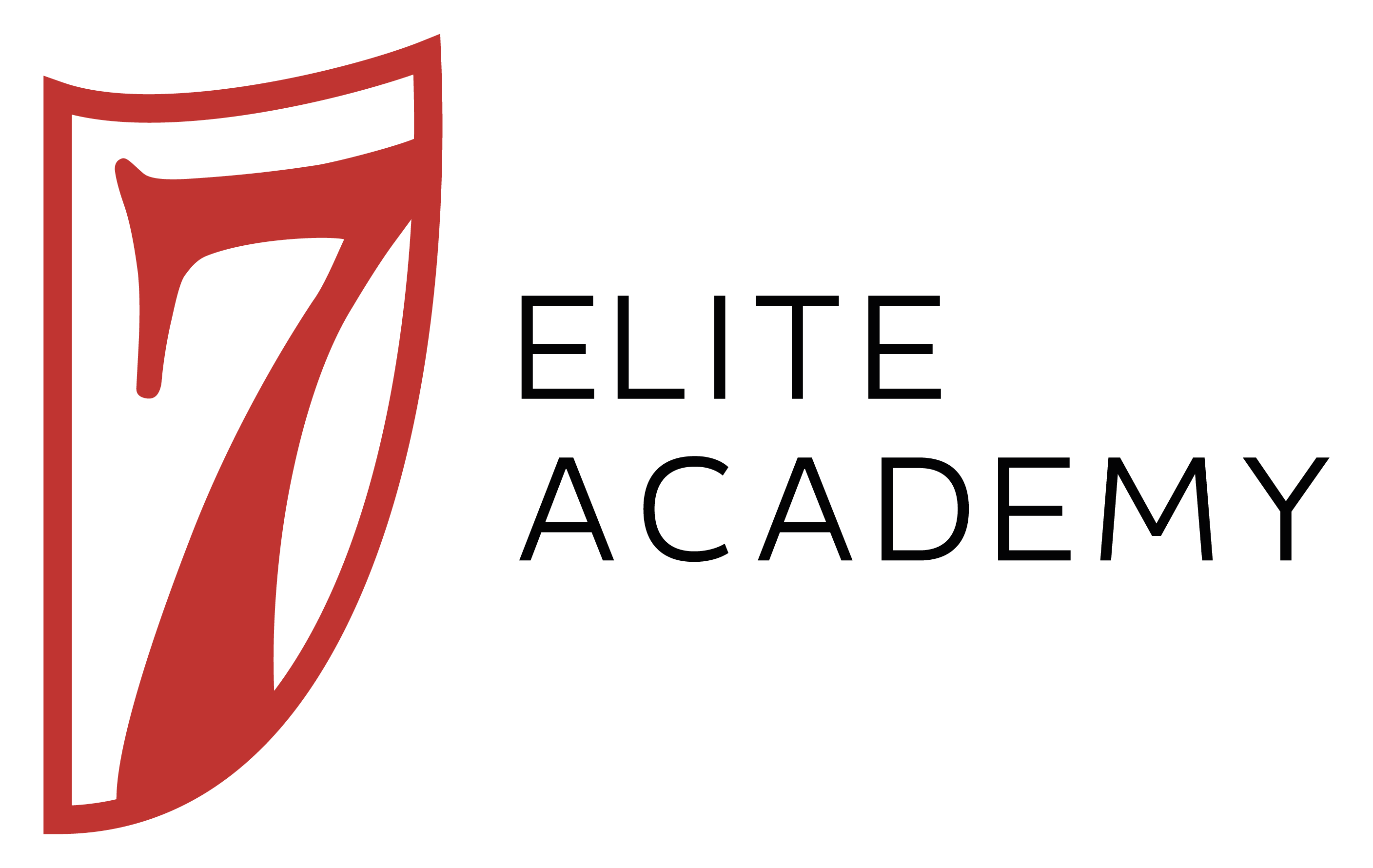
Blog: The role of food in staying healthy
Remember the days of professional players having a quick smoke and a pint before a game? Yeah. It happened.
And what about those cheeky sessions in the pub after a game? Followed by a burger, of course. Again, it happened.

Those sessions didn’t stop with Arsene Wenger in the late 1990s, but he certainly led the charge for better nutrition and fitness in football.
So what are some of the things you need to know about sports nutrition?
Look beyond weight when determining health. It isn’t just about the numbers – find a way to lower fat mass and increase muscle mass. Your weight might stay the same, but you’ll be healthier and perform better.
It’s not just about protein. Building muscle mass requires a good balance of energy and nutrients, adequate sleep and added resistance. Protein is important, but consume it at the right times and in the right amounts.
Don’t skip meals. All you are doing is failing to satisfy energy requirements, which in turn creates higher body fat levels and lower lean mass. In fact, more frequent eating can control appetite hormones and lower calorific intake.
Eat good food. By consuming lots of fresh fruit and vegetables you are sustaining good bacteria in your gut, which helps to avoid higher body fat percentage and reduced athletic performance. You’ll also get extra carbs into the bargain!
Relative Energy Deficiency in Sport – make sure you have enough energy to support exercise and you’ll get better performance. Don’t post-load – that can have significant consequences. A car won’t go anywhere on an empty fuel tank and your body is the same.
Hydrate properly. Having the best possible fluid balance is incredibly important for a variety of reasons. These include sweat rates, proper delivery of nutrients to working cells and a good heart stroke volume.
Don’t forget recovery! The job isn’t done when you stop exercising. For your muscles to gain the most benefit, they must be allowed to recover properly.
Don’t stress! If you’re stressed, then you are more likely to eat energy-dense foods that are high in sugar and fat. This includes good sleep strategies, all of which will help you sustain optimal nutrition with the correct foods.
The days of a smoke before the game might be gone for most professionals – so why can’t you reap the benefits as well?
Thanks to the American College of Sports Medicine.


